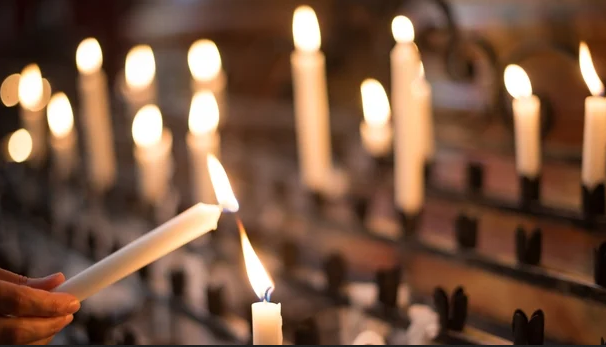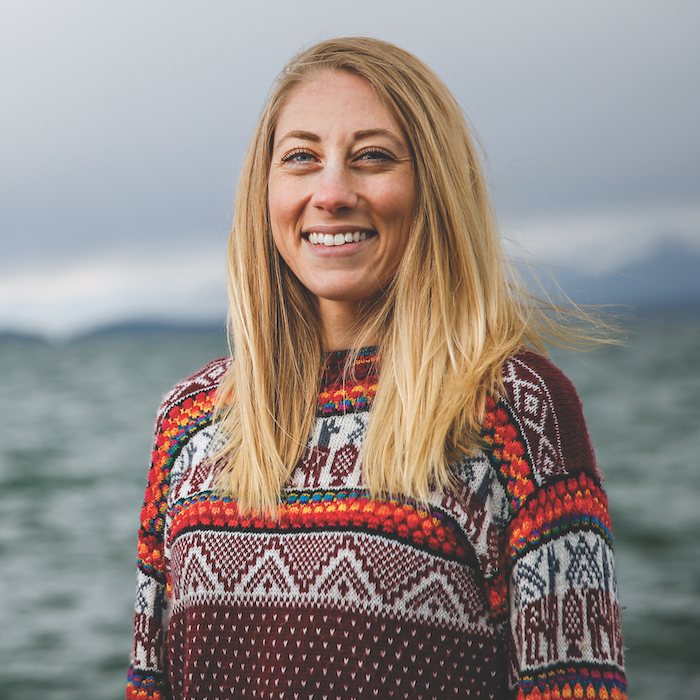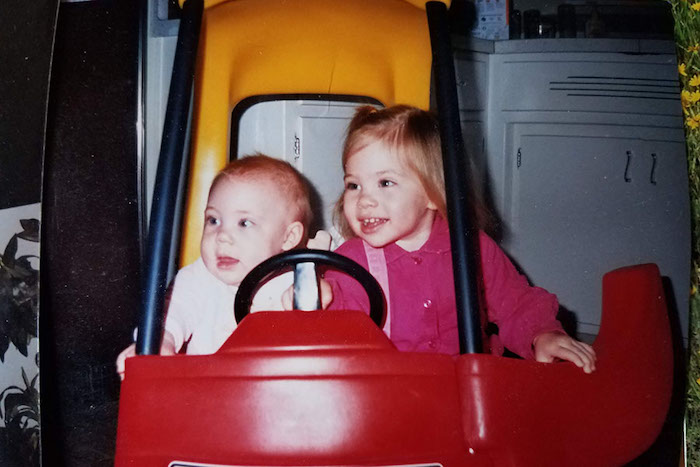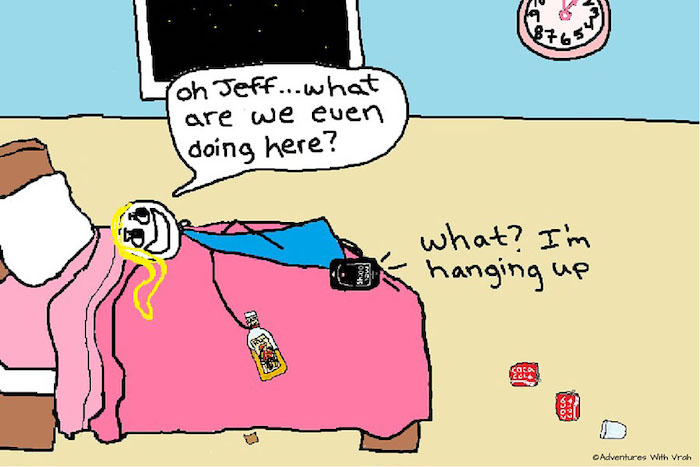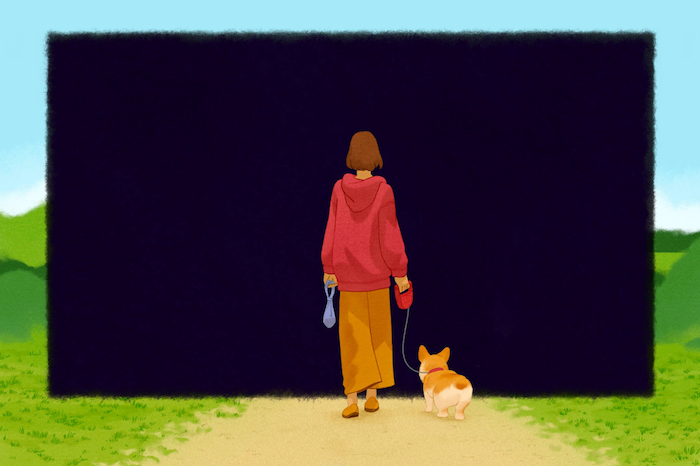
With loss comes grief. Whether it’s losing a loved one, a beloved pet, a job or even the dissolution of a relationship, grief can (and will) rear its ugly head. So why is it that in certain cases, like terminal illness, you can feel grief before the loss? While it’s easy to chalk your emotional rollercoaster up to the extenuating circumstances—medical bills, caretaking, etc.—you may also be going through what is known as anticipatory grief. So what exactly is anticipatory grief and how do we cope? We tapped a therapist to help us understand.
What exactly is anticipatory grief?
According to Diane Brennan, LMHC, a therapist at Life & Loss Mental Health Counseling anticipatory grief is “the grief we experience before the loss actually happens.” “Think about it as the thoughts, feelings, emotions and behaviors that we have that are anticipating a loss will happen.” While it’s most common in situations where people are preparing to lose someone, you can also experience feelings of anticipatory grief when you’re expecting a major change in your life such as being furloughed from work or an impending divorce.
How does it differ from “regular” grief?
When someone we love dies, we’re conditioned to expect (to some degree) a grieving process—looking through their old clothes, perusing photo albums, marking off anniversaries and birthdays. However, since anticipatory grief occurs before the actual loss, it can be much harder to spot, especially because oftentimes, if you are caring for someone with a terminal illness or dealing with the stress of contemptuous divorce, there are a lot of logistical things to take care of. Keeping track of your emotional well-being takes a back seat. “Sometimes people don’t even recognize that what they’re feeling prior to a loss is grief,” Brennan shares.
Who does anticipatory grief affect?
It can affect anybody coping with the prospect of loss—children of an impending divorce, partners of a sick spouse or owner of a business on the brink. But when it comes to terminal illness, it’s important to remember that anticipatory grief can also affect the person dealing with the terminal illness as the idea of their mortality becomes a reality.
How do you spot anticipatory grief?
People going through anticipatory grief can show a greater deal of irritability; they tend to anger quicker, and they may even have feelings of guilt. Says Brennan: “It can be marked with a lot of anxiety, you feel more on edge, a greater degree of sadness. There’s a lot of crying and feelings of hopelessness. Most people don’t make the ‘Oh, this is grief’ connection.”
Are there any positive sides to anticipatory grief?
“For some people, anticipatory grief can be marked with a bit of denial or deep anger about the situation,” Brennan explains. “But, when someone gains an acceptance that this is happening, it can allow them to experience joy and have conversations that are deep and meaningful and allows them to say goodbye.” Just like regular ole’ grief, it’s complicated.
3 Ways to Cope with Anticipatory Grief
1. Join a support group
A supportive group of family and friends is a priceless asset when you’re going through a tough time, but oftentimes they’re in the trenches with you as well. Finding a support group or an association where you can get support may be a better option. “If someone you love has an illness like Alzheimer’s or dementia, there are associations that you can turn to that can offer support, understanding and guidance for what you’re going through,” guides Brennan. Organizations such as the American Cancer Society, the National Multiple Sclerosis Society as well as national mental health hotlines such as Substance Abuse and Mental Health Services Administration, are all great resources to help you through.
2. Make time in your day to acknowledge what you’re grateful for
Coming to terms with the impending death of a loved one can be overwhelming but finding a good balance between your grief and your gratitude can make the road less daunting. “It helps if you can acknowledge your grief on a daily basis, but also focus on one thing you’re grateful for,” Brennan advises. “There are going to be some days that are draining every bit of energy from you but try to find that balance as best you can.” Consider starting a gratitude journal or a meditation where you focus on the things you’re thankful for.
3. Have the conversations you’ve been holding in
Did you steal their car when you were 16 and never told them? Were you the one who scuffed their favorite pair of sneakers but let your little brother take the blame? Knowing your loved one is reaching the end of their life can grant you the opportunity to tell them all the things you never professed in the past. Conversations can be as shallow or as deep as you want them to be. And hey, if you had a particularly no-holds-barred relationship with no secrets, letting them know just how much they mean to you will be more than enough.






